Key Takeaways
- Klingons are largely associated only with battle and military service in the
Star Trek
universe. -
Star Trek: Lower Decks
portrays the lesser-known aspects of Klingon life, revealing daily struggles and class divide. - The episode emphasizes the rigid class system that values military service, raising questions about honor for non-warrior Klingons.
In the Star Trek universe, Klingons are known throughout the galaxy as fierce fighters, always seeking out the next battle, whether it’s one-on-one in a bar or fleet-on-fleet with enemies of the Empire. Their motto, “Today is a good day to die,” expresses their core belief that it’s better to die in an honorable battle than it is to live a peaceful life. In the Star Trek world, the words “Klingon” and “Warrior” are pretty much interchangeable.
In the more than 150 episodes of Star Trek and eight Star Trek movies featuring Klingons, Trekkies have learned a vast amount about the complexities of Klingon culture. Hardcore fans know all about the elaborate rituals Klingons perform for every stage of life, from childhood to marriage to death. However, they know little about the mundane aspects of Klingon life on Qo’noS, like how all that bloodwine gets made. The fifth season of Star Trek: Lower Decks finally provided that insight in the fourth episode, “A Farewell to Farms.”

Related
Star Trek: Lower Decks Season 5 Sets Up a Proper Send Off
In its fifth and final season, ‘Star Trek: Lower Decks’ continues to do what it’s done best and sends off its characters in style.
Klingon Farmers?
This episode featured Ma’ah, who Mariner met in the season 4 episode of Lower Decks, “The Inner Fight,” when they were both stranded on Sherbal V. After he lost his military commission for allowing his crew to mutiny, he returned to his family’s bloodwine farm in disgrace. Alongside his brother Malor, who never served in the military, Ma’ah spent his days wrangling targs, squishing serpent worms to make bloodwine, and delivering that bloodwine to dive bars. (Yes, apparently, bloodwine is made of crushed worms.)
Fans don’t think of farmers when they think of Klingons. But obviously, any planet that supports an entire species has to have a functioning economic system, including agricultural systems. Someone has to cultivate the food, make the bloodwine, and slaughter the targs. But most fans likely never thought about this, because the only Klingons they’ve ever seen are the ones on battleships.
What Is Life Like For Klingons Outside of Battle?
A close watch of “A Farewell to Farms” reveals that there is a rich culture on Qo’noS outside military service. However, the episode also revealed that the exultation of military service in Klingon culture has created a rigid class system, where non-military Klingons are at the bottom rungs of society. This is particularly clear in the scenes where Ma’ah and Malor deliver their family’s bloodwine to a Klingon dive bar called The Warrior Pit.
When they arrive, the bar is filled with Klingon patrons who apparently weren’t “drunk enough to fight” because the shipment of bloodwine was late. This speaks to the fact that physical combat is a major part of day-to-day life on Qo’noS, even for Klingons who aren’t in military service.
There was also a band onstage, playing Klingon thrash metal. A few episodes throughout the franchise have mentioned that Klingon culture has a vibrant artistic side, especially when it comes to music. Klingons often sing, especially battle and drinking songs, and Klingon opera singers have become famous throughout the galaxy. Several details suggest that being an artist may be an acceptable alternative to being a warrior.
However, “A Farewell to Farms” confirmed that warriors are definitely at the top of the hierarchy on Qo’noS. At The Warrior Pit, Ma’ah and Malor run into K’Elarra, an acquaintance of Ma’ah’s. Ma’ah is clearly embarrassed to be seen delivering bloodwine at a dive bar, and expresses surprise at seeing someone like K’Elarra at a bar like The Warrior Pit. His demeanor and comments suggest that someone with status, like K’Elarra, wouldn’t normally be in a dive bar, and the normal patrons aren’t Klingons of status. As a former captain in the Klingon Fleet, Ma’ah is ashamed for K’Elarra to see him among the patrons of The Warrior Pit.
K’Elarra’s response reveals just as much. She replies that she is only there to see the band, because the thrash lute player thought she was in love with him. This seems to confirm that she wouldn’t be caught dead in that bar for any other reason. K’Elarra then starts flirting with Ma’ah, making it clear that she is more interested in military Klingons than artistic Klingons. When Malor reveals that Ma’ah had lost his captaincy and disgraced their family, she is less interested, which makes sense in a class structure where non-military Klingons have much less status.
Throughout all these encounters, Ma’ah is clearly depressed by his loss of status, struggling to resign himself to a life of mediocrity on his family’s farm. Initially, he was even too depressed to try and get his captaincy back, but Mariner and Boimler convince him to try. Once his passion is reignited, Ma’ah is willing to go through incredible trials to regain his status, an indication of how important status is in Klingon culture and how deeply status is tied to military service.
Honor for Regular Klingons?
Honor is arguably the most important value in Klingon society. Every Klingon seeks to honor their family name through valiant military service. They seek an honorable death, which can only happen if they die in battle. If they can no longer fight because of physical or mental disability, they’re expected to perform ritual suicide. When a Klingon feels their honor has been challenged, they’ll kill the person who dishonored them.
In every depiction of Klingon culture in the Star Trek universe, the only way to be an honorable Klingon is to be in battle or battle-adjacent. The only honorable non-warrior Klingons are the field medics who treat Klingons so they can return to the battle, and maybe Klingon singers who chronicle the tales of battle. However, it’s never made explicitly clear that Klingon singers are considered honorable. This narrow definition of honor excludes all the Klingons at home on Qo’noS doing the work of tending and cultivating the crops, raising and slaughtering the targs, running the bars where Klingons can fight each other, making the bloodwine so that Klingons can get drunk enough to fight, making armor, building Klingon battleships, and running Klingon restaurants and grocery stores.
Does that mean that regular Klingons can’t be honorable Klingons? “A Farewell to Farms” had the opportunity to address this question as it gave Star Trek fans their first view of day-to-day life on Qo’noS, but the episode doesn’t provide a clear answer. If anything, it seems to solidify that there is no honor for Klingons outside of battle, highlighting the culture’s unforgiving nature.
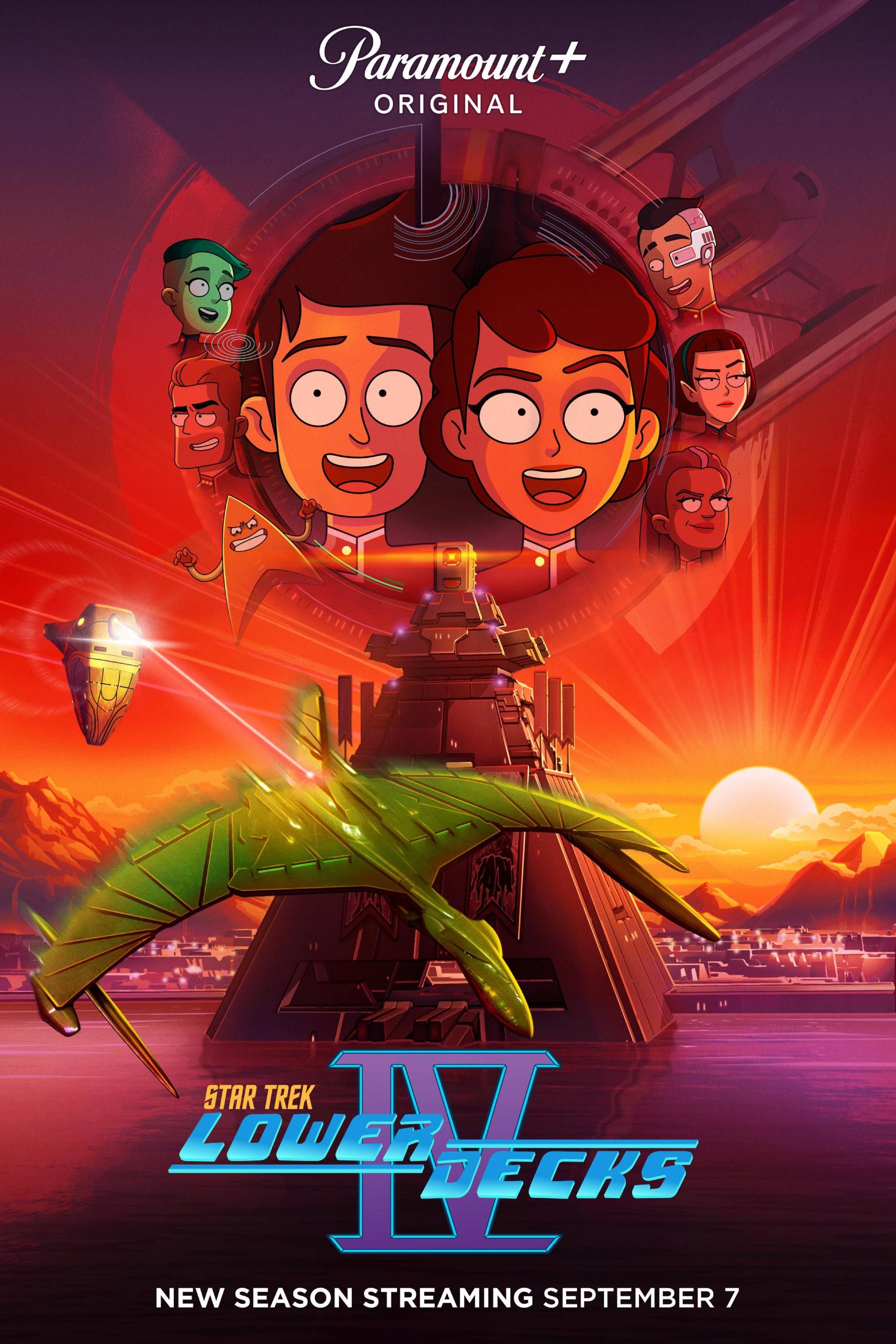
Star Trek: Lower Decks
Sources: Star Trek: Lower Decks Season 5, episode 4 “A Farewell to Farms,” Star Trek: The Original Series, Star Trek: The Next Generation, Star Trek: Deep Space Nine, Star Trek: Discovery
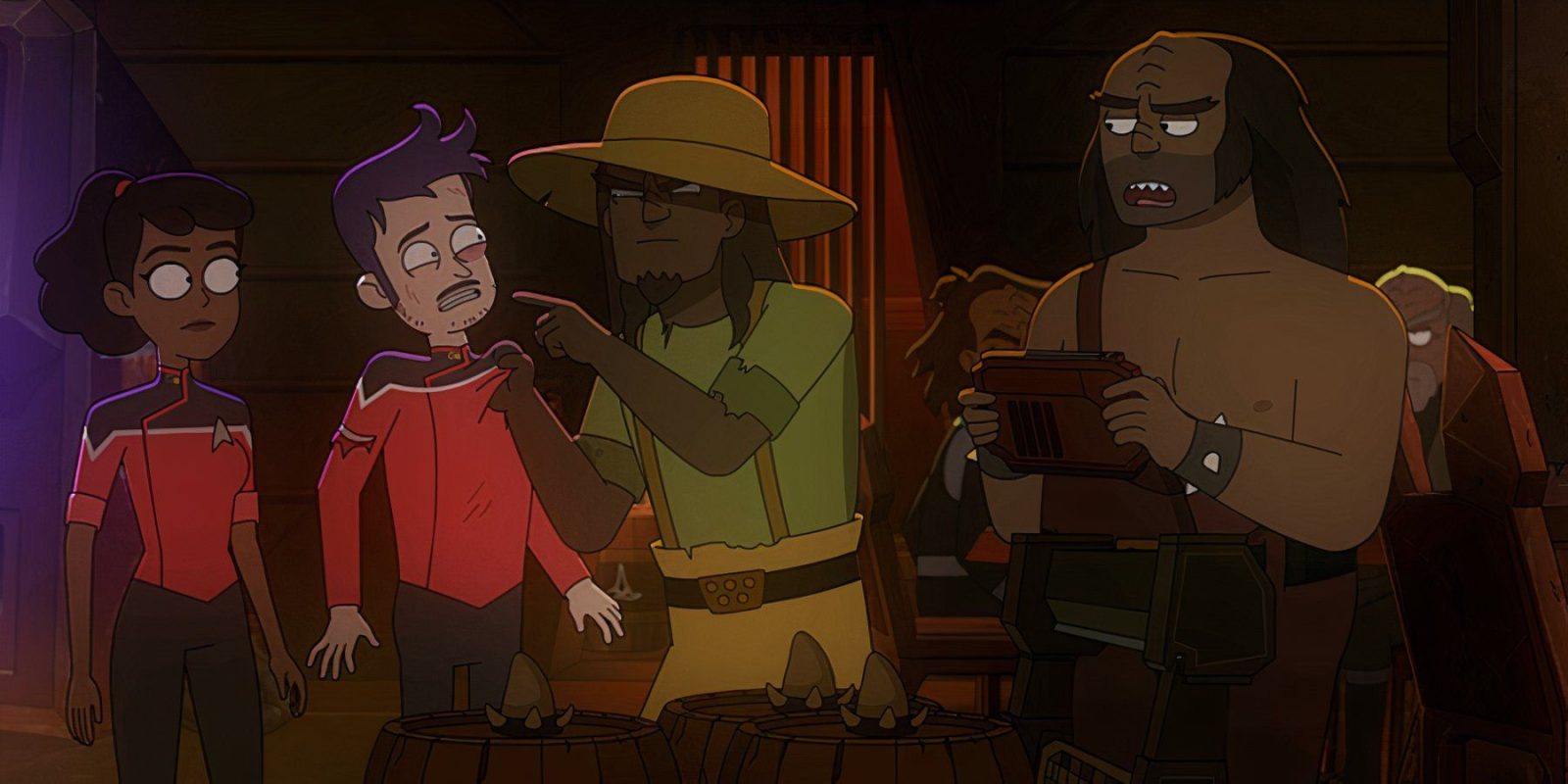

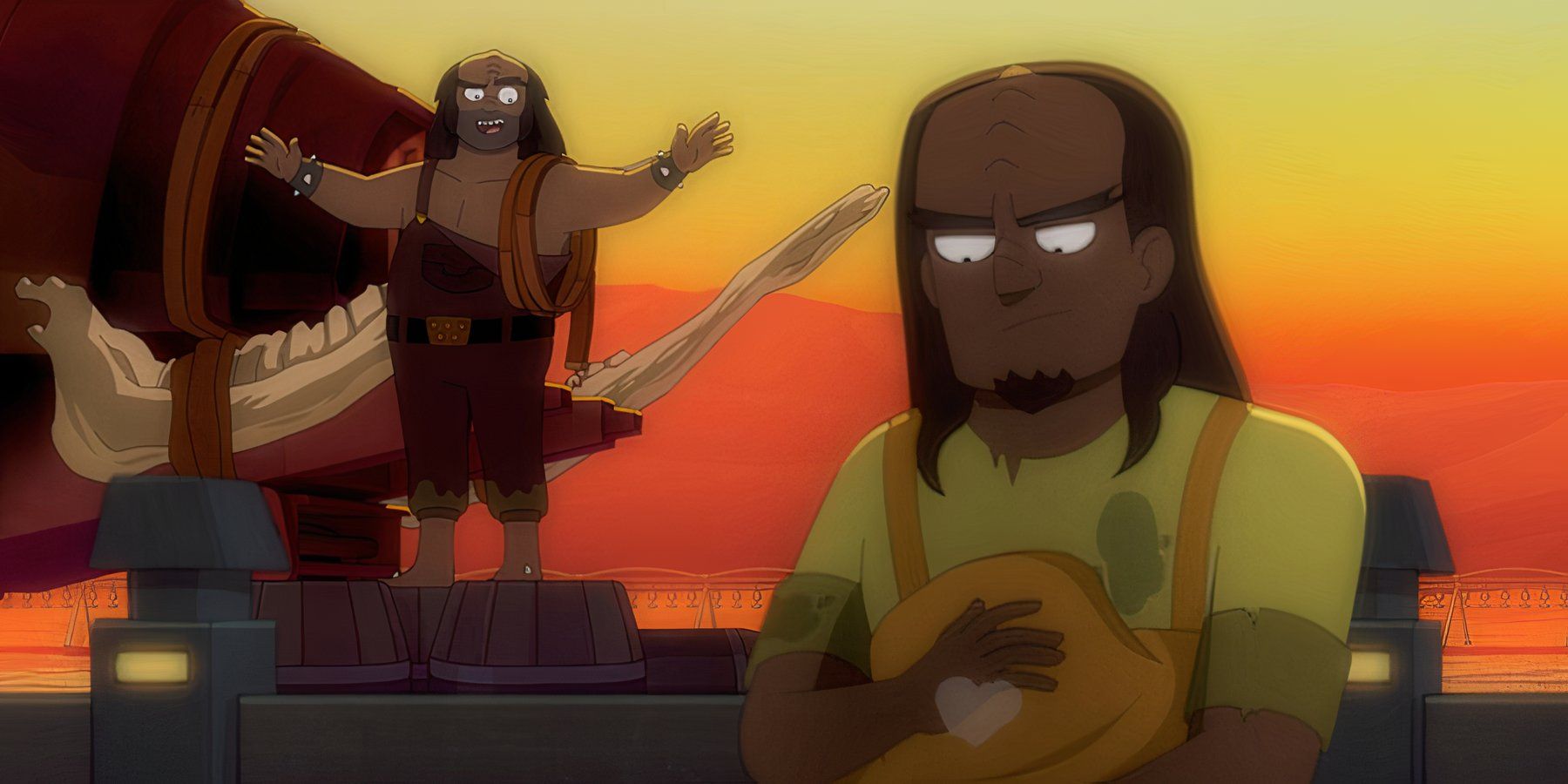
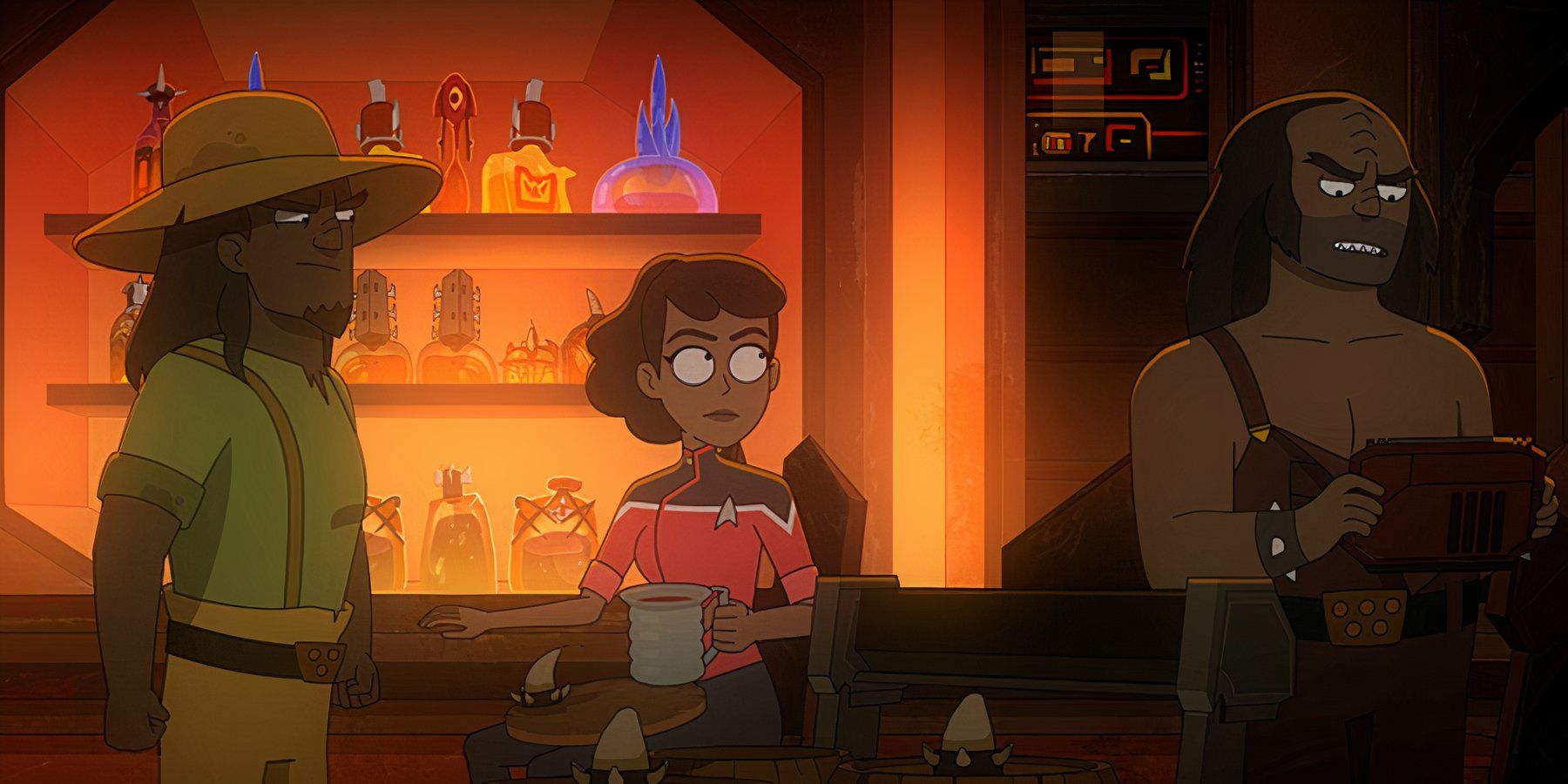
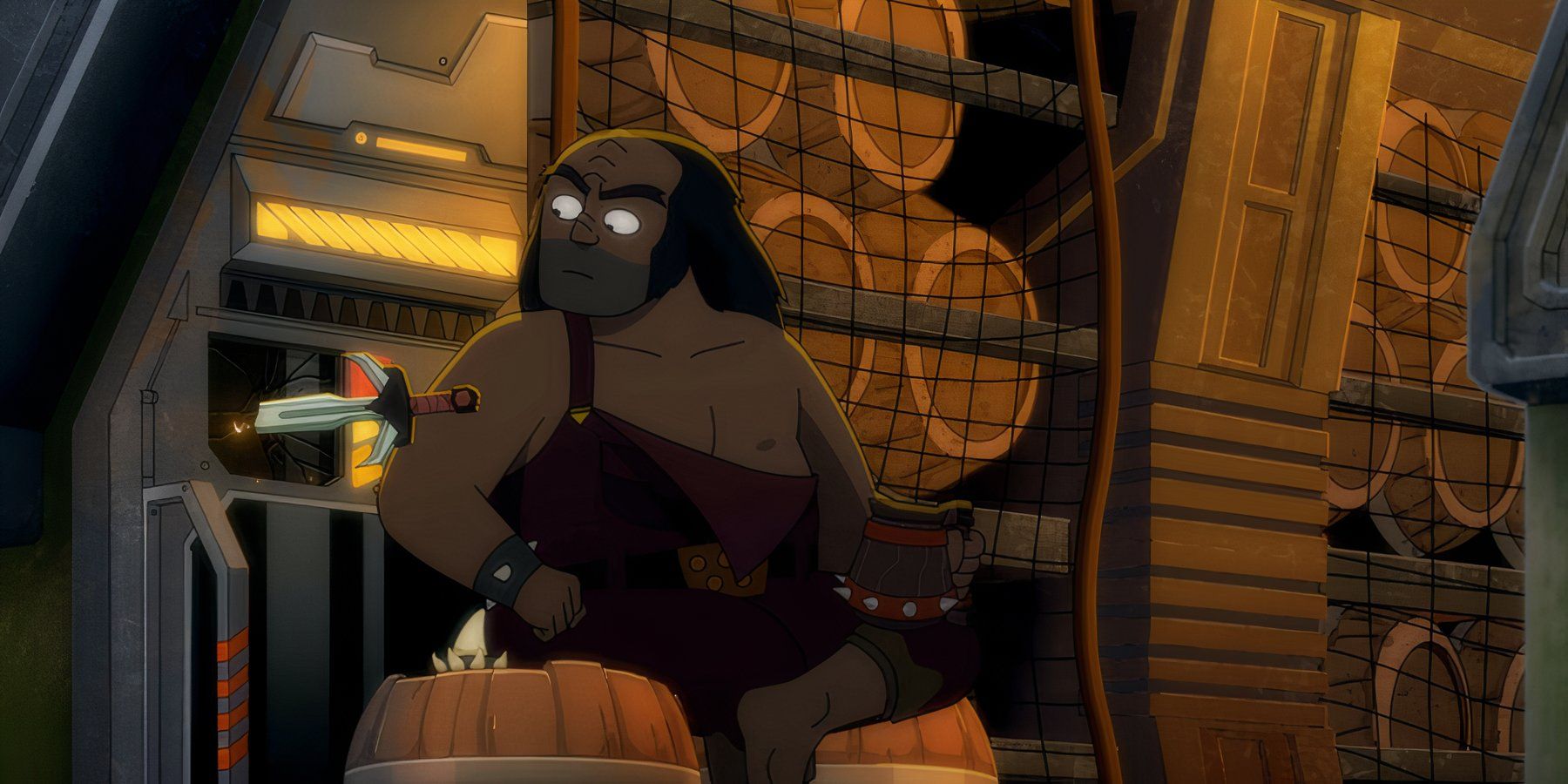








Leave a Reply